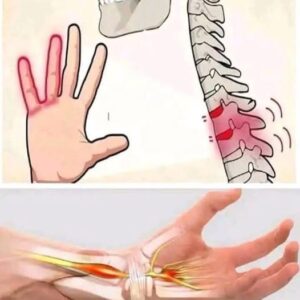The United States Supreme Court recently decided not to take up challenges involving state and local government lawsuits directed at oil companies over damages linked to climate change.
Many people have been keeping an eye on these legal battles, given their potential to influence the entire industry.
These cases, initiated by states and local governments, energy producers, oil companies, and related industry organizations, aim to obligate oil companies to financially compensate for the consequences of climate change. The debate around these lawsuits is highly polarized.
On one hand, critics of the lawsuits argue that these legal actions are part of an agenda against fossil fuel industries. They express concerns that if the lawsuits succeed, it could significantly increase energy costs for consumers due to the financial strain on oil companies. Such increases could affect everyday consumers, leading to escalating bills and increased costs of goods and services reliant on energy.On the other hand, proponents of the lawsuits believe these efforts are crucial. They argue that holding companies financially responsible is a fundamental step in making sure they are accountable for their contributions to environmental degradation. For these advocates, it’s about justice and ensuring that the companies take responsibility for their impact on our shared planet.
The legal strategy is based on state-level nuisance laws—these are laws used traditionally for resolving local disputes. By employing these laws, plaintiffs hope to make a significant point about the responsibility of large corporations in contributing to climate change. If the courts agree, it may set a precedent and pave the way for similar lawsuits against other big industries perceived to be harming the environment.
There’s concern in some circles that these lawsuits, which seem to be supported by liberal advocacy groups, could lead to indirect policy changes. This would happen through the judiciary rather than through legislative means, potentially affecting how future energy regulations are shaped across the country.
As these cases proceed in various lower courts, many people are watching closely. The debate continues to rage over the best ways to address climate change and the role of major corporations in contributing to environmental issues.
This situation reflects broader societal tensions, with calls for more responsible corporate behavior on one side and fears of economic impact on the other.
Ultimately, the decision by the Supreme Court not to hear these cases leaves a significant matter unresolved at the federal level. It ensures that the debate continues to play out in state courts across the nation, with each jurisdiction making its own determinations regarding the validity and impact of the lawsuits. For now, the conversation about climate change accountability remains a dynamic and evolving issue.
In sum, this outcome highlights the ongoing discourse surrounding environmental responsibility and the potential for legal actions to shape the future of how industries operate.
Both sides of the argument bring forward compelling points, leading to a complex debate that doesn’t have simple solutions, but instead requires careful consideration and collaboration across various sectors of society.





